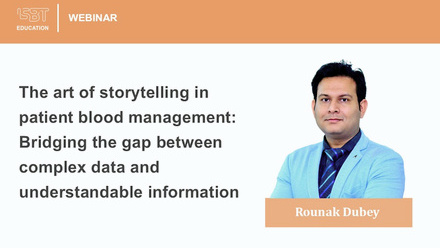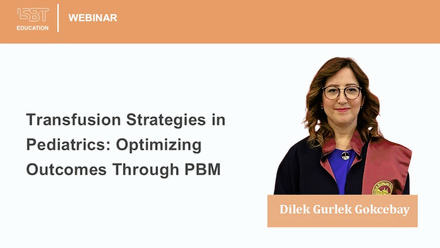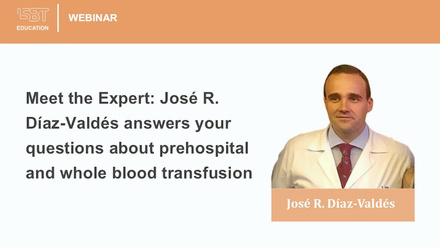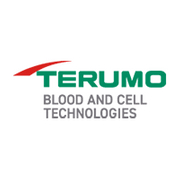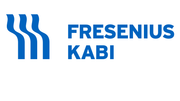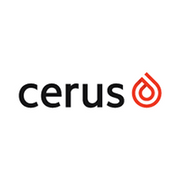Authors
by Bin Hashim Halim-Fikri, Carsten W. Lederer, Atif Amin Baig, Siti Nor Assyuhada Mat-Ghani, Sharifah-Nany Rahayu-Karmilla Syed-Hassan, Wardah Yusof, Diana Abdul Rashid , Nurul Fatihah Azman, Suthat Fucharoen, Ramdan Panigoro, Catherine Lynn T. Silao, Vip Viprakasit, Norunaluwar Jalil, Norafiza Mohd Yasin, Rosnah Bahar, Veena Selvaratnam, Norsarwany Mohamad, Nik Norliza Nik Hassan, Ezalia Esa, Amanda Krause, Helen Robinson, Julia Hasler, Coralea Stephanou, Raja-Zahratul-Azma Raja-Sabudin, Jacques Elion, Ghada El-Kamah, Domenico Coviello, Narazah Yusoff, Zarina Abdul Latiff, Chris Arnold, John Burn, Petros Kountouris, Marina Kleanthous, Raj Ramesar, Bin Alwi Zilfalil, on behalf of the Global Globin Network (GGN)
Abstract
The Global Globin Network (GGN) is a project-wide initiative of the Human Variome/Global Variome Project (HVP) focusing on haemoglobinopathies to build the capacity for genomic diagnosis, clinical services, and research in low- and middle-income countries. At present, there is no framework to evaluate the improvement of care, treatment, and prevention of thalassaemia and other haemoglobinopathies globally, despite thalassaemia being one of the most common monogenic diseases worldwide. Here, we propose a universally applicable system for evaluating and grouping countries based on qualitative indicators according to the quality of care, treatment, and prevention of haemoglobinopathies. We also apply this system to GGN countries as proof of principle. To this end, qualitative indicators were extracted from the IthaMaps database of the ITHANET portal, which allowed four groups of countries (A, B, C, and D) to be defined based on major qualitative indicators, supported by minor qualitative indicators for countries with limited resource settings and by the overall haemoglobinopathy carrier frequency for the target countries of immigration. The proposed rubrics and accumulative scores will help analyse the performance and improvement of care, treatment, and prevention of haemoglobinopathies in the GGN and beyond. Our proposed criteria complement future data collection from GGN countries to help monitor the quality of services for haemoglobinopathies, provide ongoing estimates for services and epidemiology in GGN countries, and note the contribution of the GGN to a local and global reduction of disease burden.
Keywords: Global Globin Network; haemoglobinopathy; thalassaemia; low- and middle-income countries; epidemiology; disease burden; prevention program; Hemoglobinopathy VCEP; Human Variome Project

